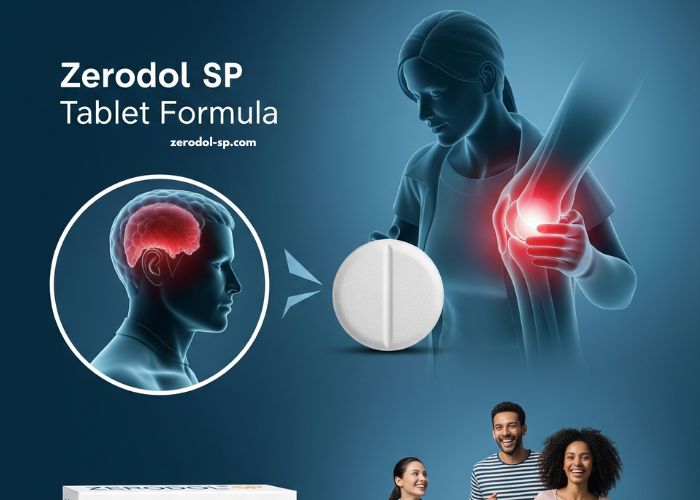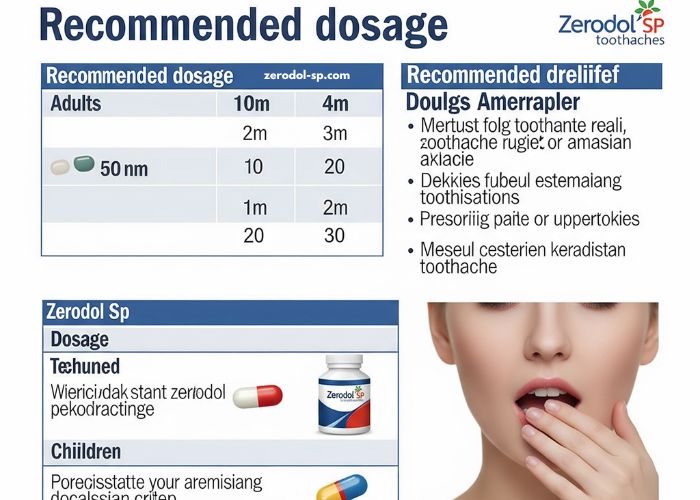In today’s fast-paced world, health can often seem like a complex puzzle. However, achieving lifelong wellness doesn’t require drastic changes or expensive programs. With a few consistent, science-backed habits, everyone can build a foundation for vibrant, long-lasting health. Wellness is not a luxury—it’s within reach for everyone.
The Power of Simple Wellness Habits
Simplicity is often overlooked in the journey to better health. Yet, research consistently proves that small daily actions can lead to significant long-term benefits. By developing a routine that supports both physical and mental well-being, individuals can dramatically improve their quality of life.
Let’s explore how some fundamental lifestyle shifts can contribute to lifelong health.
Prioritize Balanced Nutrition
Eat Whole, Unprocessed Foods
The cornerstone of good health is nutrition. A diet rich in whole foods—vegetables, fruits, whole grains, lean proteins, and healthy fats—provides the essential nutrients your body needs to function optimally. Avoiding processed and sugary foods helps prevent chronic conditions like obesity, diabetes, and heart disease.
Hydration Is Key
Drinking enough water is essential for digestion, circulation, temperature regulation, and detoxification. Aim for at least 8–10 glasses of water per day, and more if you’re active or live in a hot climate.
Practice Mindful Eating
Mindful eating encourages awareness of hunger cues, portion sizes, and food quality. It helps prevent overeating and enhances your relationship with food.
Stay Physically Active Daily
Move Your Body Regularly
Exercise doesn’t have to be extreme to be effective. Activities like walking, cycling, yoga, or even dancing at home can improve cardiovascular health, strengthen muscles, and boost mood.
-
Aim for at least 150 minutes of moderate activity per week.
-
Include a mix of cardio, strength training, and flexibility exercises.
Make Movement a Habit
Incorporate physical activity into your routine:
-
Take the stairs.
-
Park farther from the entrance.
-
Do stretches during work breaks.
Consistency matters more than intensity.
Focus on Mental and Emotional Wellness
Get Adequate Sleep
Sleep is essential for recovery, immune function, and mental clarity. Adults need 7–9 hours of quality sleep each night. Establishing a regular bedtime routine, avoiding screens before bed, and creating a restful environment can improve sleep quality.
Manage Stress Effectively
Chronic stress is linked to a range of health issues, from heart disease to digestive problems. Incorporate stress-reduction techniques such as:
-
Meditation and deep breathing
-
Journaling
-
Nature walks
-
Spending time with loved ones
Cultivate Positivity and Gratitude
Practicing gratitude can improve emotional health, resilience, and life satisfaction. Taking a few minutes each day to reflect on positive experiences can significantly boost mental wellness.
Build Strong Social Connections
Humans are social beings. Maintaining close relationships supports emotional health, reduces stress, and even promotes longevity. Nurture your network by:
-
Regularly checking in with friends and family
-
Joining clubs, groups, or classes that match your interests
-
Offering help and kindness to others
Social wellness contributes directly to happiness and fulfillment.
Practice Preventive Health Measures
Schedule Regular Check-Ups
Routine health screenings can detect issues early and lead to better outcomes. Don’t wait for symptoms—be proactive with your health.
-
Annual physical exams
-
Dental and eye check-ups
-
Screenings for cholesterol, blood pressure, and diabetes
Avoid Harmful Habits
Reducing or eliminating smoking, excessive alcohol consumption, and recreational drug use dramatically improves life expectancy and overall wellness.
Digital Wellness and Mindful Tech Use
Technology can support health, but overuse can also lead to stress, sleep disruption, and inactivity. Practice digital wellness by:
-
Setting screen time limits
-
Taking regular digital detoxes
-
Creating screen-free zones in your home
-
Using apps that promote meditation, sleep, or exercise mindfully
Balancing digital life with real-life presence is key to holistic wellness.
Create a Sustainable Routine
Consistency is what transforms actions into habits. To make wellness habits stick:
-
Start small – Choose one or two habits to begin with.
-
Be patient – Habit formation takes time.
-
Track your progress – Journaling or using health apps can help.
-
Reward yourself – Celebrate small wins to stay motivated.
Lifestyle changes are most successful when they’re gradual, realistic, and aligned with your values.
Frequently Asked Questions (FAQs)
Q1: How long does it take to form a healthy habit?
Answer: Research shows it can take anywhere from 18 to 66 days to form a new habit, depending on the complexity and consistency of practice. Starting with small, manageable actions makes it easier to build long-term habits.
Q2: What is the most important health habit to focus on first?
Answer: While every individual is different, sleep is often the best habit to prioritize first. Quality sleep impacts energy levels, mood, immunity, and decision-making, making it easier to adopt other healthy behaviors.
Q3: Can I achieve lifelong wellness without going to the gym?
Answer: Absolutely. While gyms offer structured environments, daily movement through walking, stretching, house chores, and outdoor activities can be just as effective when done consistently.
Q4: How does mental health affect physical health?
Answer: Mental health and physical health are deeply interconnected. Stress, anxiety, and depression can weaken the immune system, disrupt sleep, and increase the risk of chronic conditions. Supporting mental well-being benefits the entire body.
Q5: Is it necessary to follow a strict diet for wellness?
Answer: No, strict diets are often unsustainable. A balanced and flexible approach focused on whole, nutrient-dense foods is more effective and easier to maintain in the long term.
Q6: What’s a quick wellness tip for busy professionals?
Answer: Focus on micro-habits like standing for 5 minutes each hour, drinking a glass of water upon waking, or doing 2-minute deep breathing before bed. Small steps lead to big changes.
Conclusion: Your Health is in Your Hands
Lifelong wellness is not about perfection—it’s about consistency and intention. By incorporating simple, everyday habits into your life, you can enhance your physical, emotional, and mental well-being. Start where you are, use what you have, and take one step at a time.
Wellness is truly within reach—and it starts with you.





